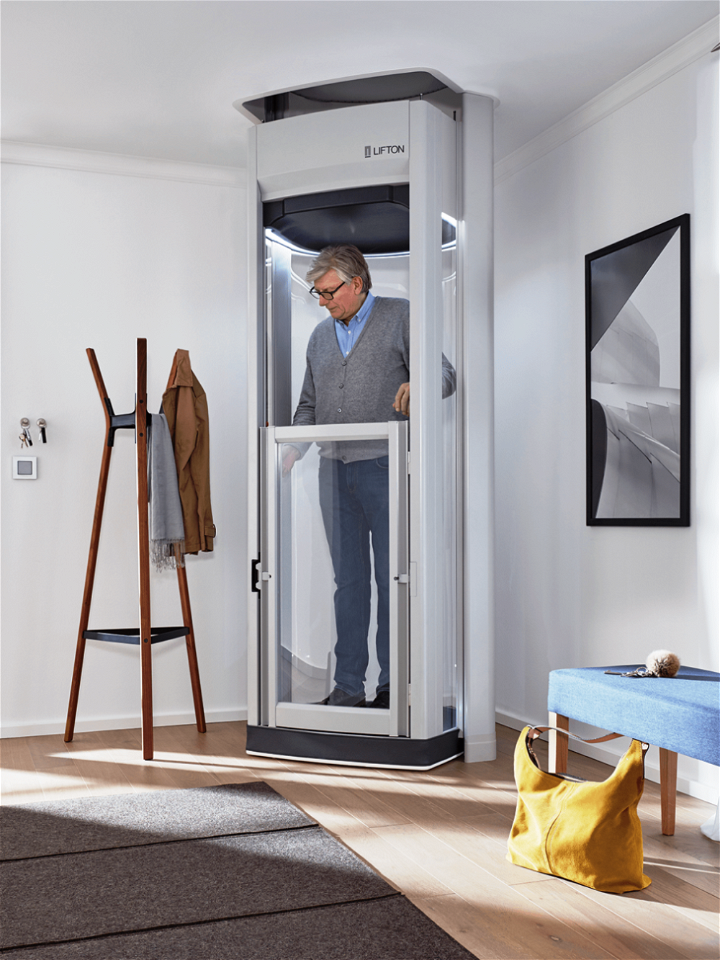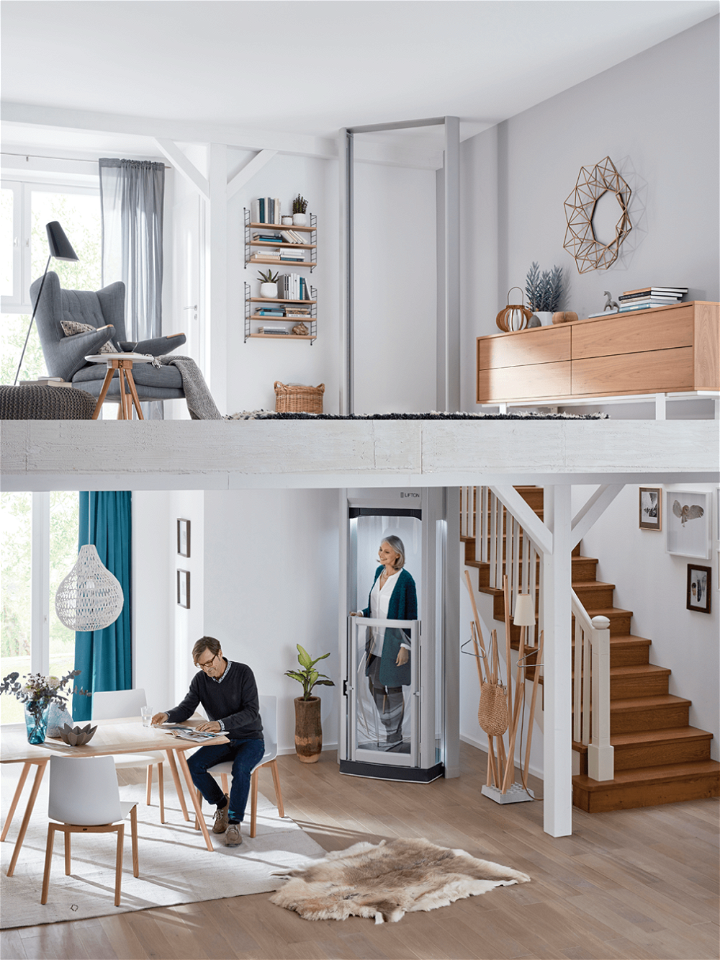Moving elderly parents into your home can be a great way to ensure they get the care they need during their golden years, but it is also not a decision to make lightly. There are a number of things you will need to do to prepare for their arrival to ensure everyone's health and safety.

Elder-Proofing Your Home
You might have heard of baby-proofing your home, but when older people move in, you may need to elder-proof it. This can help ensure your parents are safe when transitioning to their new lives. It's a good idea to have them live on one level if at all possible. However, if there are stairs, you do have options. A great solution is installing a home lift to make it easier to move between levels. Installing a home lift also helps your parents feel more welcome, as they can better access all parts of the home. In other parts of the home, consider adding anti-slip areas to prevent falls. Move area rugs and other tripping hazards out of the way. If there are sharp corners, consider putting bumpers on them. This can prevent scratches to the surface while keeping the senior safer.

Being Honest About Caretaking
You might not want to send your parents to a facility to be cared for, but you should still realistically consider the amount of care they need. Be honest about what you can really handle without making yourself sick. Taking care of someone else can make you feel burned out, even if you consider yourself to be compassionate and loving most of the time. Part of the reason for this is that needs can change quickly, so even if you feel ready to take it on now, things could change. One option could be to have a social worker or in-home healthcare worker help with some needs. This can be a great option of seniors who have special medical needs that you might not feel up to addressing on a daily basis.
Ensuring Everyone Has Privacy
Part of a healthy transition includes making sure everyone has enough privacy. Common areas will be shared when everyone lives in the same house, so allow your parents to have a place they can call their own. When seniors can maintain as much independence as possible, they are more likely to thrive in the situation. Doing too much for them can cause their health to decline faster. Try giving them their own space, such as a bedroom where they can close their door. Allow them to have a cabinet in the kitchen, as well as a space in the fridge. Invite them to do their own laundry and give them laundry supplies and a basket in a separate color. You will also need your privacy so you don’t start to feel like your home is being invaded. Create a relaxing space in your bedroom where you can go when you feel the need to escape. This can help you recharge away from everyone else in the home.
Come Up with a Backup Plan
If your parents are moving in soon, it’s a good idea to have another plan in place in case things become too stressful or unsafe with them. Let everyone know that you will all try your best to make everything work out, although there could be a time where it is just not working out. Explain that you would then turn to the backup plan. Having this discussion about your backup plan now could make things easier if you do need to help them move to a different facility. As your parents get older, they may need more care to ensure their wellbeing, and you just might not be able to provide this. Those with dementia might begin to wander, and becoming physically weak might mean they need help getting in and out of bed. Still, these things don’t necessarily mean your parents won’t be able to stay with you. It's possible you just need to bring some help in to assist with their growing needs. A home aide can help with some needs during the daytime.

Creating House Rules
Respecting everyone's space is an important part of ensuring everyone is happy with the outcome. Now is the time to discuss whether guests can come into the home, how you will do meals, and who will pay for them, whether you can go on vacation, and how your parents can decorate. You might wonder why you need to come up with rules when everyone involved is an adult, but conflicts can easily come up if you are not clear about expectations upfront.
Preparing Others Ahead of Time
If other individuals, like your kids, live at home, you should spend some time preparing them before your parents move in. You can tell them that their grandparents will be living in the home, and you can share how things will change. Keeping things hopeful and bright will help your kids feel optimistic about this change. You might mention this will be a great time for your kids to get to know their grandparents better and help them out. Letting kids know what to expect can help them feel better about the situation.
Limiting Other Changes
Change of any kind, even if it’s a good kind of change, can be stressful. To help you keep your sanity, consider limiting other changes as much as possible while you are adjusting to having your parents moving in. Beginning a business or making a career change might be things you want to put off until everyone has adjusted. Of course, you can’t always prevent life changes from happening, but if you are able to reduce the stress, it’s a great idea to do so. In some cases, you might be able to determine when your parents come live with you. If you are able to decide when they come live with you, you might work it around another schedule, like waiting until surgery is over to move them in.

